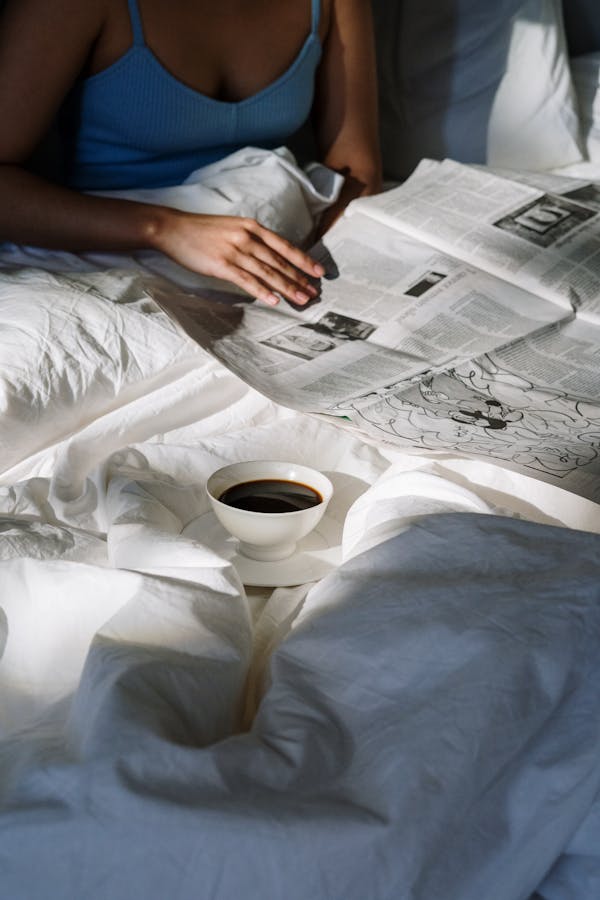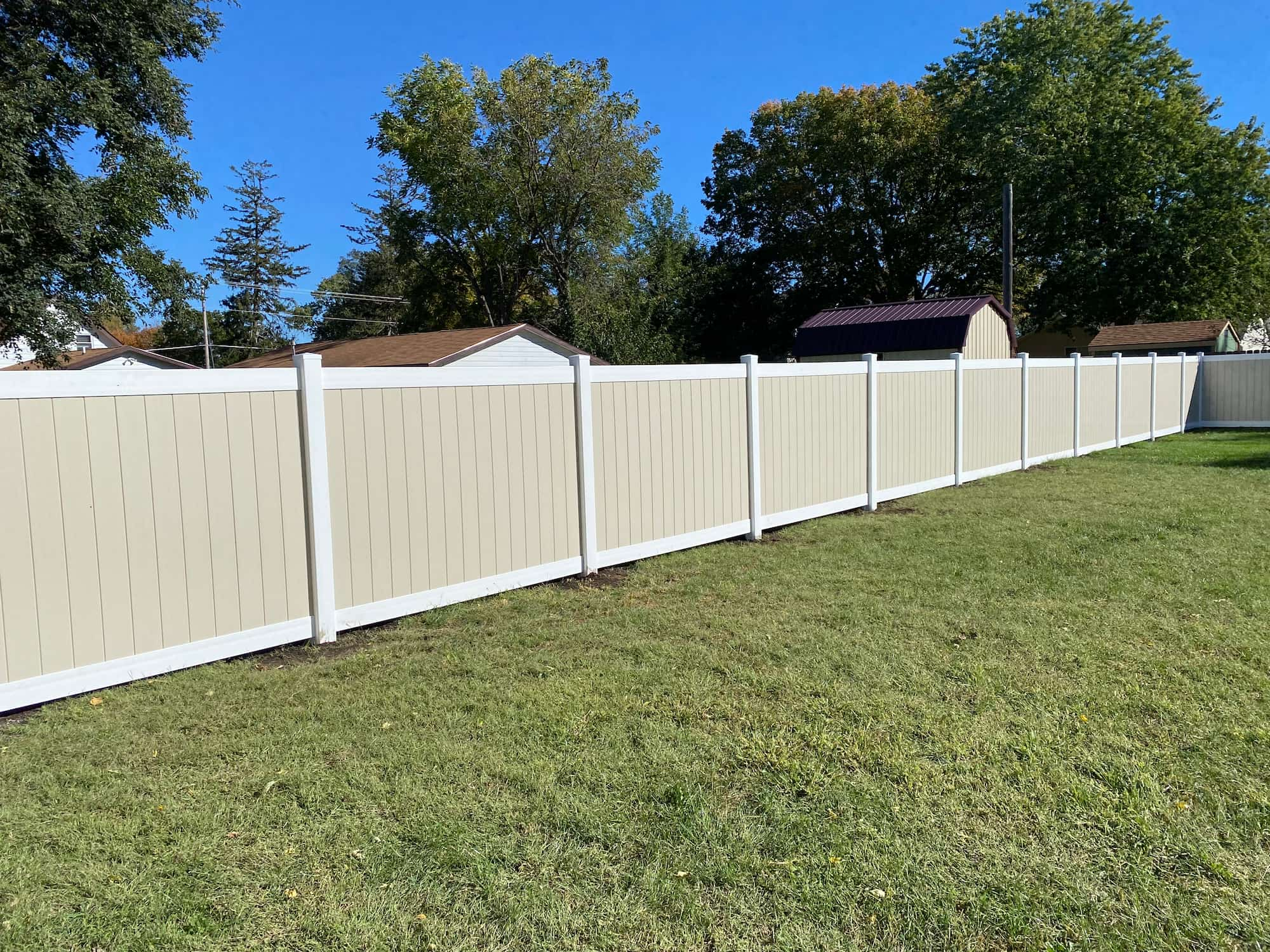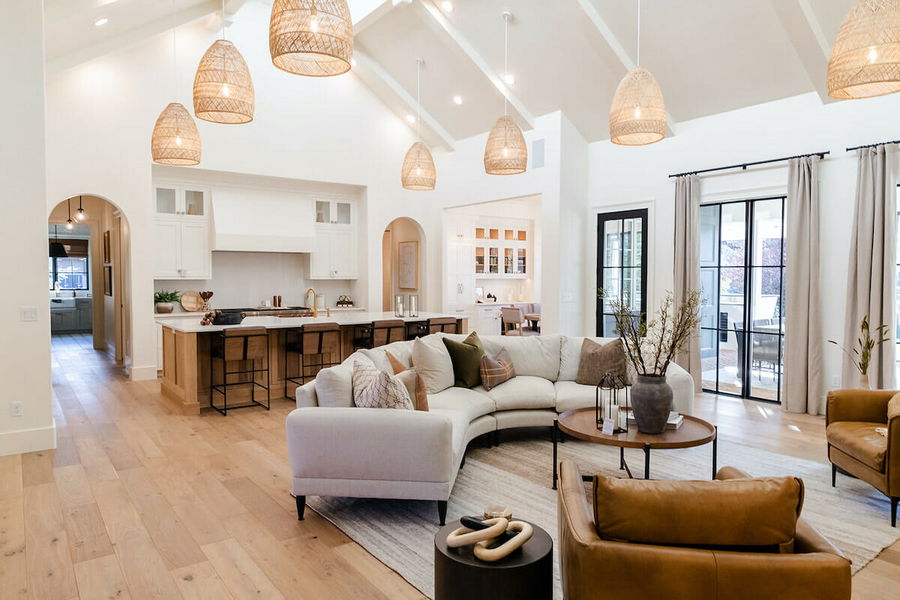Stykka Launches Kitchens To Last A Lifetime In The Circular Economy
Stykka is a Danish startup that has made LoopKitchen, a sustainable array of units and worktops … [+]
Stykka – Ditte Isager
Fitted kitchens could not sound like the parts of know-how that I typically include, but a the latest press release caught my eye from Danish tech start out-up Stykka that highlights a path that many consumer items must move towards if we are to turn out to be extra sustainable and create a round financial system that lowers and reuses resources via recycling and repurposing.
Back again in 2020, I wrote about a new open-resource desk style from Danish start out-up Stykka. LastDesk was intended for people performing from residence and bundled some fascinating capabilities, such as the capacity to personalize the desk by including extras that could be equally designed and promoted by third parties. Stykka produced the LastDesk as an open up-source home furniture design and style in the hope of attracting other firms to create a vary of insert-ons such as ability strips, undertaking lamps and other helpful items that would extend the usefulness of the desk more than several yrs.
Now Stykka is getting its format for revolutionary and sustainable furnishings into the kitchen with a new variety of products and solutions. We all have to have a kitchen and a lot of of us alter our kitchens rather often to just take account of changing preferences or basically dress in and tear. Each individual 12 months, several outdated kitchen area models and worktops finish up going to landfill or currently being incinerated. In accordance to Stykka, 91% of the world’s uncooked supplies stop up becoming used just once. Stykka would like to transform this alter from the present “take-make-waste” approach to a tech-infused circular item layout. The firm has introduced its very first item for the development business in the form of LoopKitchen.
Each LoopKitchen from Stykka has a electronic twin stored in the cloud that keeps keep track of of each individual … [+]
Stykka – Ditte Isager
The average equipped kitchen gets replaced immediately after 11.4 yrs. Kitchens and other varieties of designed-in home furnishings are some of the most wasteful components utilized in the design business. To decrease this level of waste, Stykka has rethought how kitchens are built and produced, generating what it describes as the world’s initial definitely circular and marketplace-all set kitchen area. LoopKitchen is made utilizing significant-excellent resources and is built to previous a lifetime as very well as getting uncomplicated to update, remodel and recycle.
Every single LoopKitchen is constructed together with a digital or virtual twin that can very easily be accessed by way of a distinctive QR code which is positioned underneath the sink. The electronic twin of the kitchen holds a listing of each individual component utilized in the kitchen’s building and it’s joined to Stykka’s on line routine maintenance system in which substitute elements or upgrades can be ordered.
Electronic twins enjoy a important purpose in aiding Stykka to overcome some of the industry’s most urgent sustainability troubles. They are a central element in prolonging the lifespan of just about any product or service by preserving an equivalent electronic facsimile of what has presently been installed and providing the infrastructure essential to create a round economic system.
Just about every component of a LoopKitchen has an RFID chip that can establish everything about it by linking to … [+]
Stykka
Not all areas of a kitchen get uncovered to the similar concentrations of wear and tear in the course of its lifetime. In excess of time, people today improve what they want from a kitchen as very well as suffering from shifts in their preferences when it comes to shade or style and design. To accommodate this, Stykka has designed it probable for a kitchen area to be upgraded with new modules and features by way of a collection of impending partnerships with 3rd functions. Customers can purchase new cupboard fronts or worktops to change the search and feel of their exhausted kitchen area. Outdated parts can be returned to Stykka for refurbishing or to be remanufactured prior to being despatched place back into the circular financial state to get started an additional everyday living.
To hold track of the versioning, record and traceability of all the pieces used in a LoopKitchen, Stykka has formulated a electronic monitoring program for all the picket components. It is known as TrackID and each individual kitchen component has a exceptional RFID chip that’s connected to a cloud database that can provide accurate information on the environmental effects, area and ailment of the items. TrackID can be made use of to to shut the loop of the circular style by offering right and exact facts, effectively minimizing squander and extending the kitchen’s lifetime cycle substantially.
In practise, what this means is that a kitchen could likely past a human lifespan and be refreshed as numerous elements put on out or as the homeowner’s aesthetic tastes adjust. The electronic twin retains monitor of the components that have been equipped or replaced and it can be referenced to choose any new areas essential to refresh or fix the kitchen.
The versatile layout of Stykka’s LoopKitchen is made to be repaired and remodelled and sections can go … [+]
Stykka – Ditte Isager
Simply because the layout of the LoopKitchen is a modular, almost everything matches jointly to develop a customizable style with fittings that continue to be the very same dimensions and healthy more than time. The operation, coloration and look of the kitchen modules might transform, but the items will constantly in shape with each other in the exact way. Any person who has at any time tried to exchange a kitchen area cabinet hinge will know exactly what I suggest.
Mainly because of growing issue for the ecosystem, we are observing a transfer toward additional sustainable merchandise that can slot into a circular financial state. The impetus is generally coming out of Scandinavia with Danish manufacturers main the way. Bang & Olufsen now will make wireless speakers that are designed for long-time period use and which can be rebuilt numerous years in the future applying new technologies, many thanks to the use of substantial-quality materials and a structure which is intended to adapt and past.
Perhaps the inspiration for this motion arrives from Lego. The Danish firm has been generating children’s development toys considering the fact that 1949 and a Lego brick of 50 years in the past will even now healthy a manufacturer-new Lego set these days. It looks like Stykka is trying to do a little something comparable with the LoopKitchen and I wouldn’t head betting that the concept could even distribute to Ikea. The Swedish home furnishings large is demonstrating even more desire in sustainability and has a quantity of sales that could make a enormous distinction in the growth of the circular overall economy.
More info: www.stykka.com
The connection to every LoopKitchen’s electronic twin is underneath the sink. The RFID chip is a way to keep … [+]
Stykka – Ditte Isager








